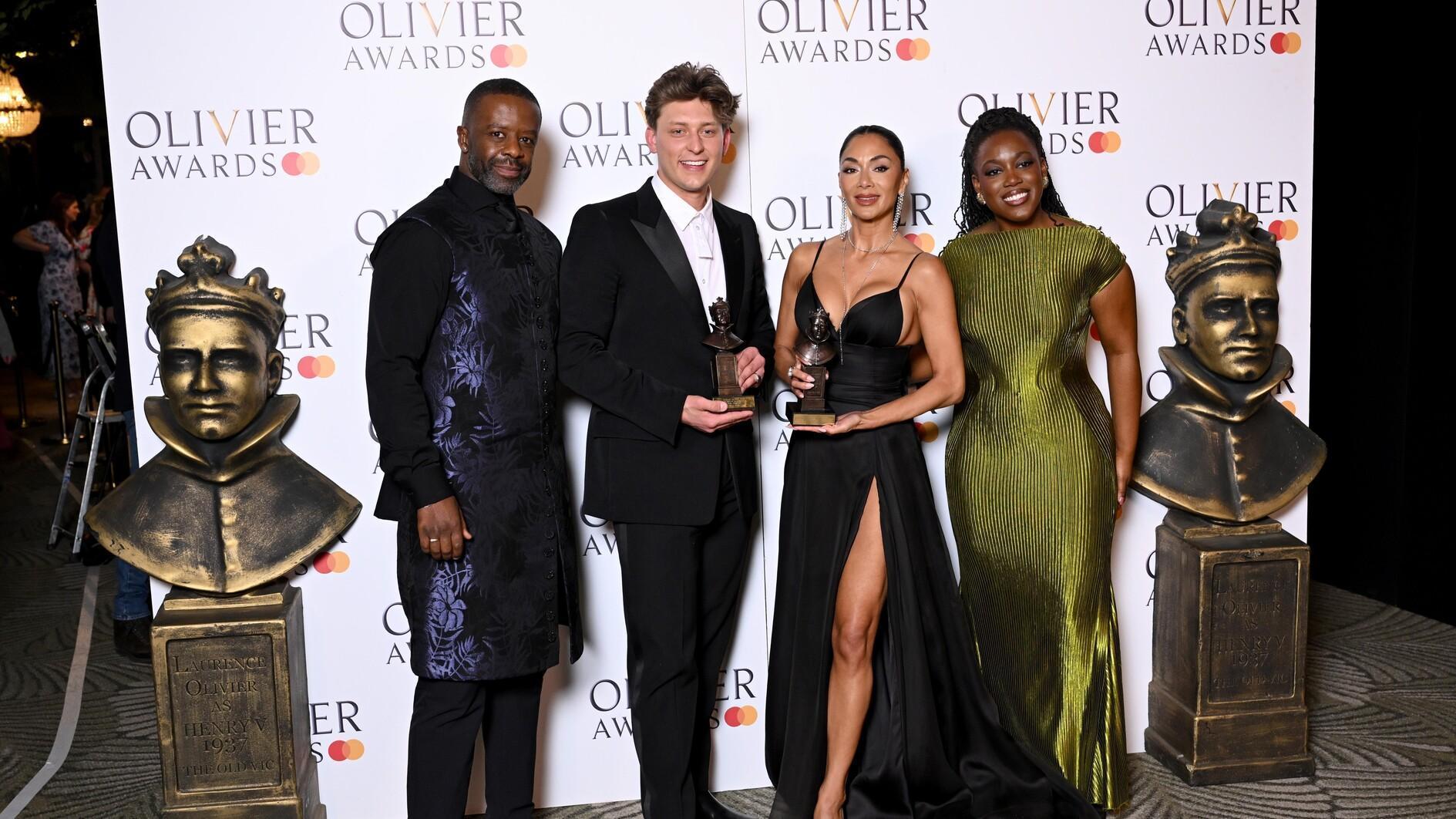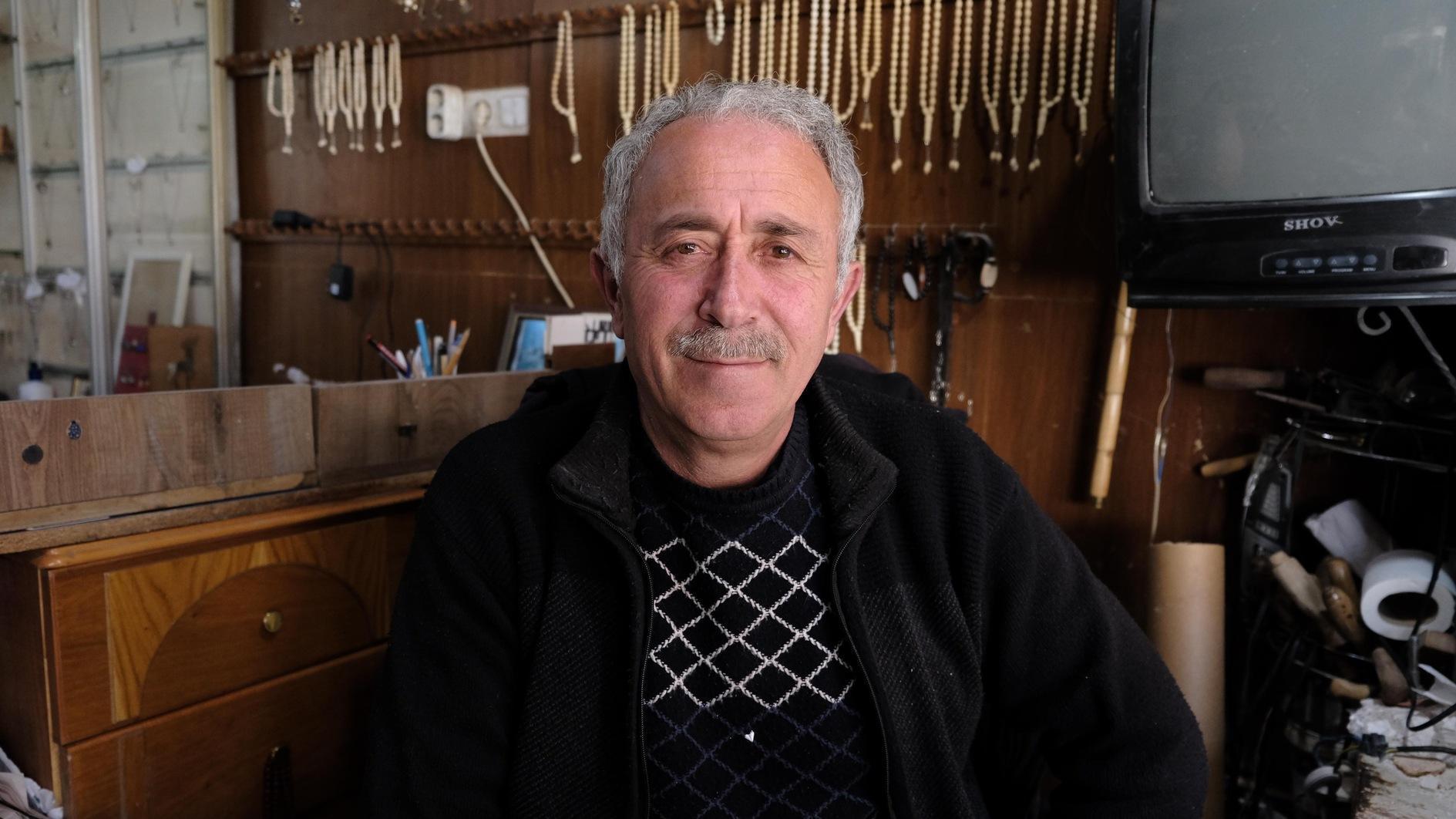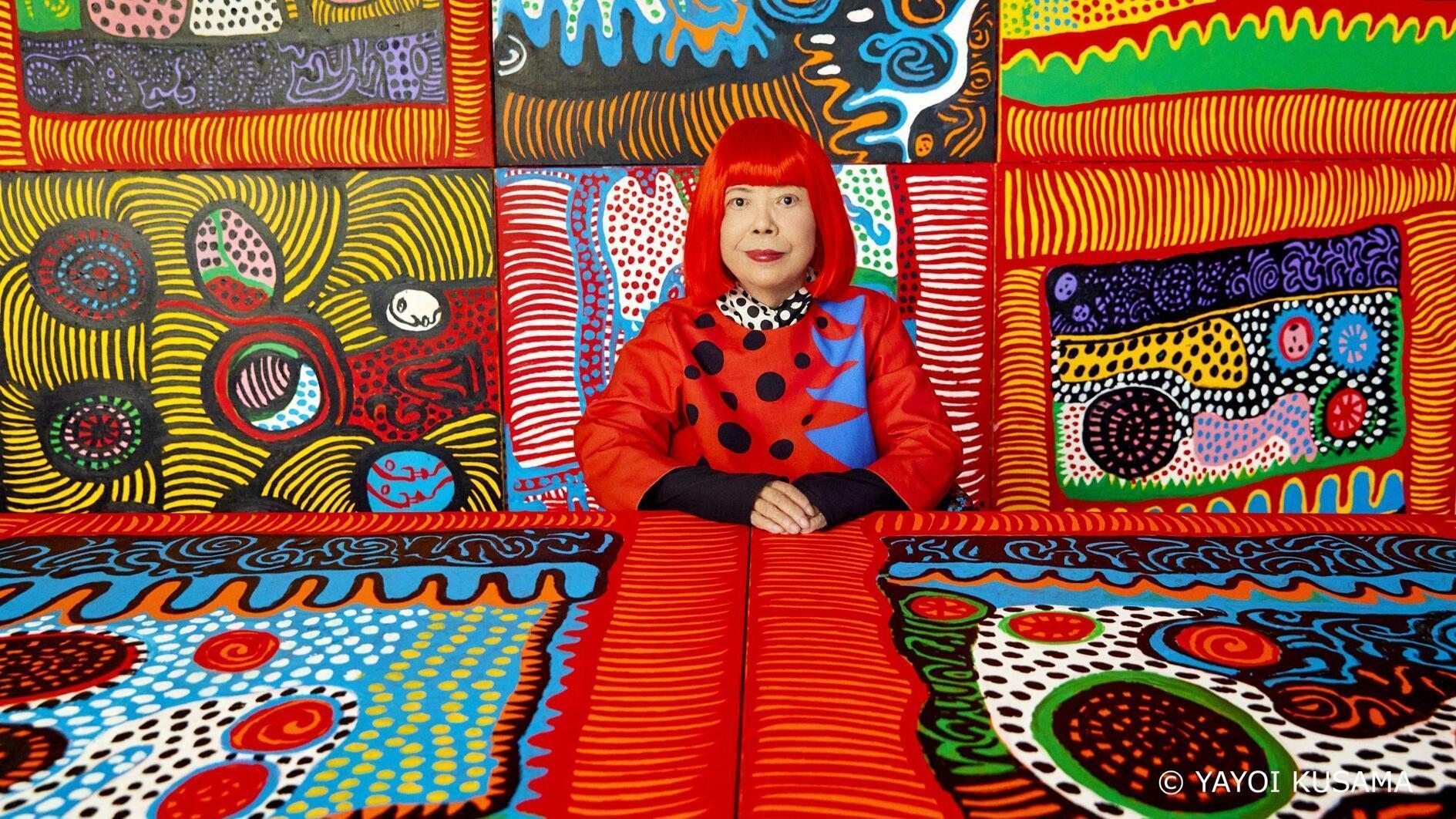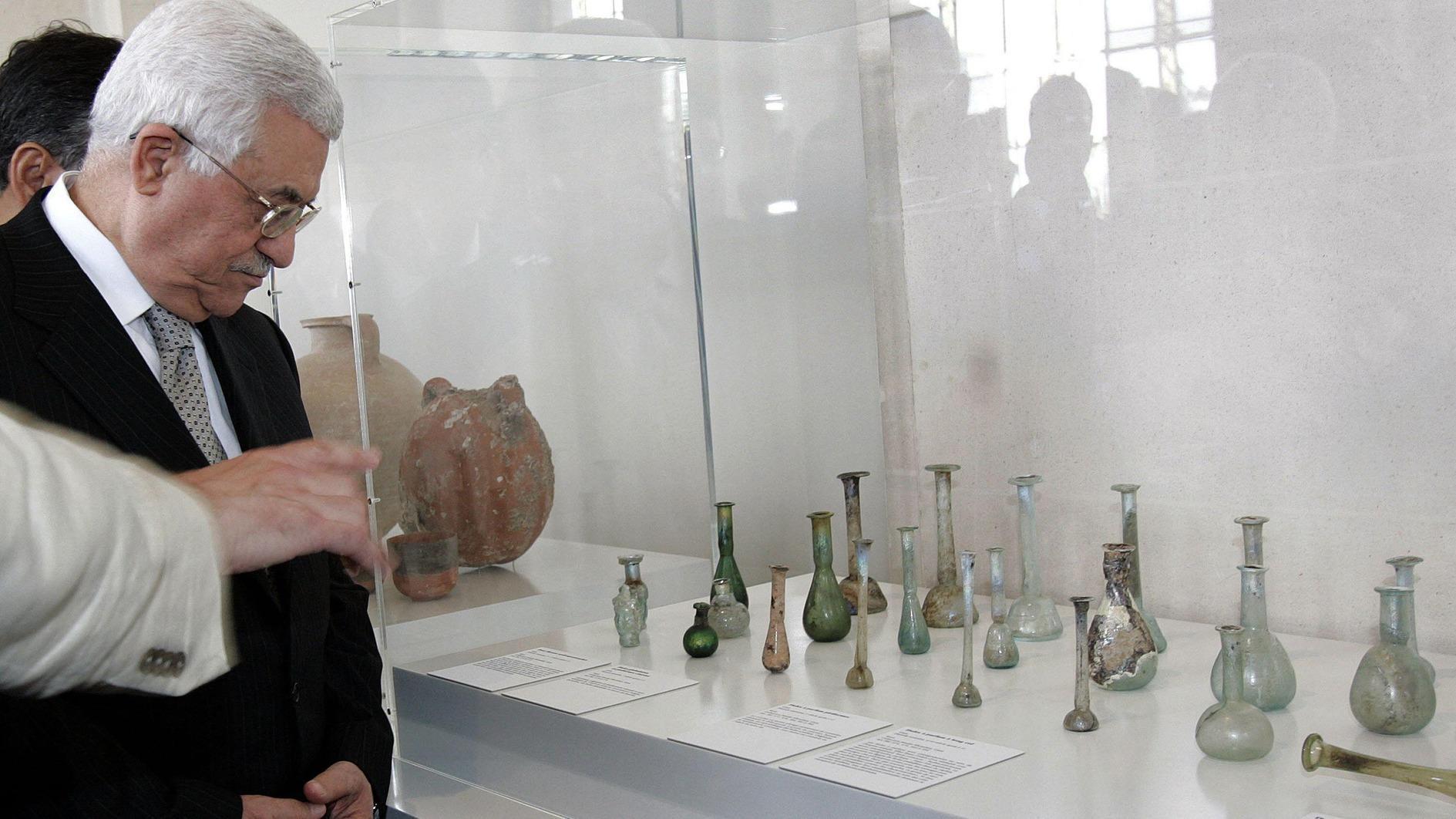Turkey’s age ‘black hole’ swallows sporting hopes
ISTANBUL - Hürriyet Daily News
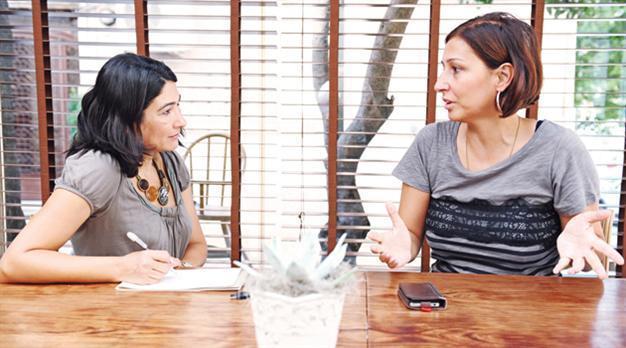
There will be no problem of organization as far as hosting the Olympics, says journalist Banu Yelkovan. Yet Turkey should ask why it wants to host the Olympics instead of how, she tells the Daily News. DAILY NEWS photo, Emrah GÜREL
Turkish athletes face an uphill battle in aiming for sporting success at events like the Olympics as they are often forced to choose between an uncertain athletic career or an education that offers a more stable future, according to a daily Radikal sports columnist.“There is a black hole that swallows athletes when they are 17,” said Banu Yelkovan, noting that parents often pressure their athletically promising offspring to choose education over sports.
“It is very important in Turkey to have sports and education go hand in hand. Universities need to provide scholarships,” she told the Hürriyet Daily News in a recent interview.
Q: The performance of Turkish athletes at the London Olympics has come in for criticism; how would you rate their Games?
A: In Turkey, success in sports is individual. There are institutions that support amateur sports, but everything is too dependent on the performance of the athlete. There is no system where every year you pick up 50 kids and make 20 athletes out of them. Success is usually self-made. There is no consistency or sustainability. That’s why I find the high number of participants [116, the highest number ever] this year very important. In view of the fact that Turkey was represented for the first time in many fields, as well as the fact that there was a rise in the number of female participants – even if we were going to come home without any medals – I wouldn’t put Turkey in the unsuccessful category. My criteria for success in the Olympics is not the number of medals won, it is being there. For me, the spirit of the Olympics is not just about winning.
Another criterion for me is self-improvement. If an athlete has [attained a personal best], even if he or she comes last, there is success. Some young swimmers got too excited and weren’t able to finish, but they participated in the Olympics at this early age; this is also a success.
Q: One young Turkish swimmer even said she nearly forgot how to swim, and she was criticized when another younger swimmer won a medal.
A: I find this very normal. Not everybody gets to swim at the Olympics.
Q: But I guess your criteria of success are not based on international standards but on Turkey’s realities. Is it right to have such an approach?
A: I can’t base my criteria on U.S. standards for instance. To do that, the investment, the culture and the approach toward sports need to be comparable. Obviously, we need to base our evaluation taking into account Turkey. How can I make criticisms when there is so little investment, when you construct a swimming pool but lack the mentality to manage it? Australia has severely criticized its swimming team, saying China won all the medals by bringing in all the good trainers from Austria. We can’t make similar criticisms; other countries are on a different plane.
Of course, the Olympics means faster, higher, [stronger] but the best thing that summarized the Olympics was when the decathlon athletes hugged each other at the end of the competition. I see stories when I look at the Olympics. From this Olympics, I will always remember Oscar Pistorius [the South African double amputee runner]. His mother told him, “The real loser is never the person who crosses the finishing line last. The real loser is the person who sits on the side, the person who does not even try to compete.” I evaluate Turkey using the approach of Oscar’s mother.
Q: Were there too many expectations for the Olympics in Turkey?
A: According to a survey done by the International Olympic Committee (IOC), winning, competing and medals are not among the first 10 words that come into mind when asked about the Olympics. Friendship and stories comes to mind. That’s why they changed their campaigns; we don’t see an athlete receiving a medal or another one running to the finish. We see an athlete that lends a hand to another who falls down, we see a boy finishing on the back of his father. In our case, we focused on the number of athletes and put a lot of pressure on them.
Q: So you find it acceptable when Turkish athletes blamed it on “excessive motivation.”
A: I find it understandable. This is not a pressure that can be handled easily. We keep telling them “you are our pride.” What remains from the Olympics are the stories. What will be [the legacy] of the Olympics in our case? The story that comes out from big tournaments in our case is always the same thing: a new white page that is opened. We will again open a new white page.
Q: So we can’t have our own stories?
A: We can’t have our own stories. The media has a responsibility there as well. We have lots of stories. But we are not interested in stories. If you were to interview a female athlete, she would have told you that when she gets a medal, the news about her will appear in a miniscule way. Today, even the news that nothing has happened at Fenerbahçe or Galatasaray gets more space in the papers. We expect only medals from athletes with whom we don’t even establish an emotional bond. This is unfair.
Q: What’s wrong with us?
A: When we look at athletes, we only see talent. But talent is only one aspect of the sport. You need to have consistency and continuity. Talent can only make you advance faster at the beginning. But if you don’t support it with trainers, infrastructure and [a good] mentality, talent can take you only up to a certain point.
In our case most athletes quit sports at 17, at the very time you can start winning because he or she needs to make a choice between sports and school. The parents will say, “You could get crippled next year, you might not make a living from sports, it is better for you to go to school.” There is a black hole that swallows athletes when they are 17. It is very important in Turkey to have sports and education go hand in hand. Universities need to provide scholarships. In Turkey, it’s usually those who didn’t quite make it that become physical education teachers. But those teachers should not work with a broken heart, with the resentment of their own lack of success but with love, information and professionalism. In this, the education of those that will train athletes is also important.
Q: So what does the current situation tell us? That we have not grasped the Olympic spirit?
A: It tells us that not only that we have not grasped the Olympic spirit, but we have not grasped the spirit of sports. In Turkey everybody wants to compensate for his failures in life with the success of the team he supports. When the Olympics end, everybody will forget about artistic gymnastics or swimming. A week later we will only talk about football. We have been invaded by the culture of winning; we need to change that. This is against the spirit of even football.
Q: In this case, can we say we are ready to host the Olympics we are bidding for in 2020?
A: We can’t say the Justice and Development Party [AKP] is not investing in sports. Sports facilities have been constructed in numbers unseen in previous governments. We know the prime minister is very much interested in all sorts of sporting contests. I am sure we will have the best sporting facilities. We are also very good at organization. We have already organized the European Indoor Athletics Championships, the World Basketball Championships and WTA tennis. But it would be a shame if the stands only fill up when Turkish athletes are competing. On the other hand, there is a new generation of spectators that likes and loves sports. But we need to review our sporting culture.
Q: What should we do to win the right to host the Olympics?
A: Terrence Burns, one of the marketing advisors of the OIC, told us last year openly: “The right question is not how; everybody knows how to do it, but you should ask yourself why we are going to do this.”
We need to ask why we really want to host the Olympics.
Woman Athletes success thrilling
There are so few licensed athletes of either gender in Turkey that they are outnumbered by the number of women playing football in Norway, according to daily Radikal columnist Banu Yelkovan.
“The total number of Turkish athletes is less than the number of female football player in Norway or Germany,” she said.With the exception of volleyball, women have a miniscule presence in most sports in comparison to men – reaching as high as 10-1 in certain fields, she said.
This year, however, marked a watershed, as Turkey sent more women to the Olympics than men for the first time ever; while there, the women typically outperformed the men.
“This is very important in a country where women don’t properly read, don’t properly work and don’t even properly live – such as when you think about all these news stories about women being beaten or killed by their husbands,” she said. “Despite all the disadvantages, there is dedication [on their part].”
Who is Banu Yelkovan?

After graduating from Saint Michel, a French language-medium high school in İstanbul, Banu Yelkovan studied international relations at Istanbul University. She began working for the press in 1990 while still in university.
From reporting to editing, translation to fashion photography, she has worked in many different positions, first at daily Milliyet, then at daily Sabah and magazines belonging to the Sabah group. She was the editor-in-chief of soccer magazine FourFourTwo.
One of the country’s few female commentators on football, which continues to be a male-dominated field in Turkey, Yelkovan currently writes for daily Radikal, where her first football commentaries were published in 2003. She also hosts a sports program on NTV Sports, a private TV channel.



